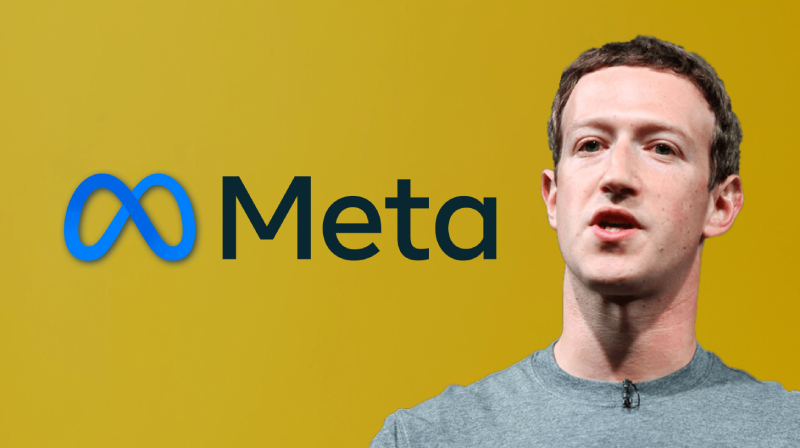Meta has unveiled its latest custom-designed AI chip. This new chip dubbed the next-generation Meta Training and Inference Accelerator (MTIA), comes just a day after a similar announcement from rival Intel, highlighting the fierce competition in the AI hardware space.
The MTIA is designed to address the specific needs of Meta’s AI workloads, particularly those related to ranking and recommending content across its platforms like Facebook. Compared to its predecessor, the MTIA boasts significant improvements. It’s built on a more advanced 5nm manufacturing process, allowing for a denser design with more processing cores. This translates to faster training times and improved performance for running complex AI models.
While the MTIA consumes more power than its earlier version, Meta claims it offers up to 3x greater efficiency when compared to commercially available graphics processing units (GPUs) typically used for AI tasks. This efficiency gain is attributed to the chip’s specialized architecture, tailored for Meta’s specific use cases.
The deployment of the MTIA has already begun, with Meta integrating it into 16 of its data center locations worldwide. This rollout signifies Meta’s commitment to building a robust AI infrastructure to power its various applications.
Analysts believe this announcement is part of a larger strategy by Meta to gain a competitive edge in the AI race. By developing custom chips optimized for its needs, Meta aims to reduce reliance on third-party hardware vendors and potentially achieve greater performance and efficiency for its AI workloads.
However, some experts caution that the path forward won’t be without challenges. Creating custom AI chips is a complex and expensive endeavor, and Meta will need to demonstrate a clear return on investment for this technology. Additionally, the company will need to stay ahead of the curve as competitors like Intel and other tech giants continue to innovate in the AI hardware landscape.
Overall, Meta’s unveiling of the next-generation MTIA chip signifies a significant development in the ongoing AI hardware race. It will be interesting to see how this new technology shapes Meta’s AI capabilities and its position in the competitive AI landscape.











